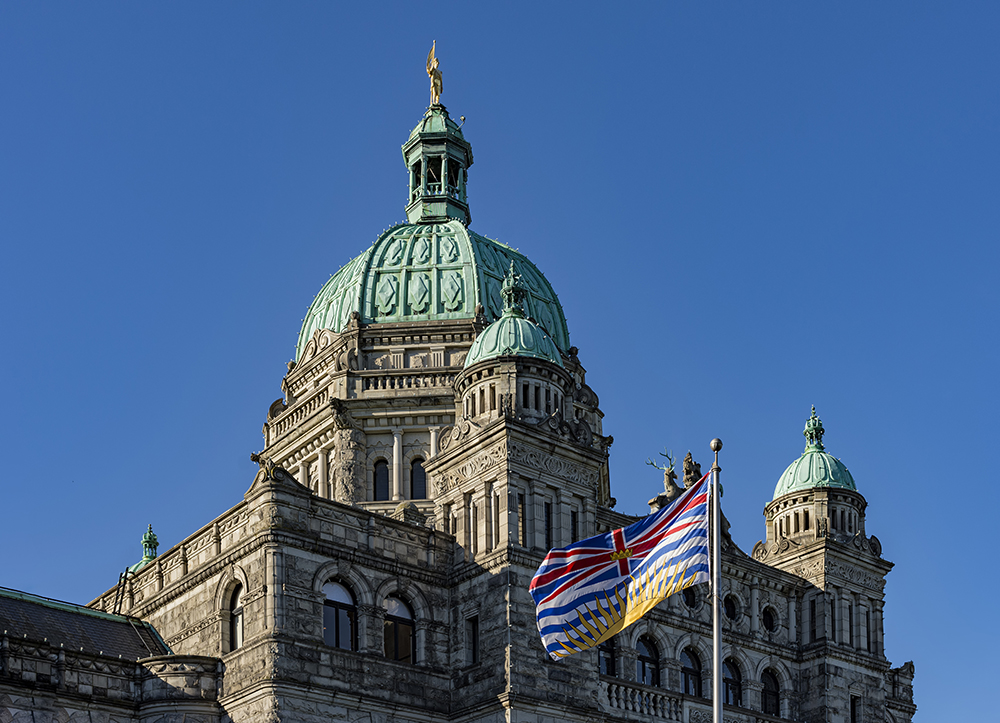

News
Immigration
B.C. seeking input from internationally trained professionals on foreign credentials
April 20, 2023
By
Talent Canada
 Photo: Stan Jones/Adobe Stock
Photo: Stan Jones/Adobe Stock Internationally trained professionals are invited to share their views on the foreign credential recognition process in British Columbia and identify barriers that may be preventing them from fully participating in the labour market.
“We know B.C. will have one million job openings over the next 10 years,” said Andrew Mercier, Minister of State for Workforce Development. “We’re asking internationally trained professionals to tell us how we could improve our foreign credential recognition process so they can fully participate in B.C.’s economy and our communities.”
Feedback gathered through the online survey will inform legislation to improve foreign credential recognition, the province said in a press release. Responses will help steer it in removing barriers to create clearer and faster pathways for skilled people who have immigrated to Canada, while maintaining excellence in services and safety that people depend on, it said.
Foreign credential recognition refers to the process of having education, skills and work experience from outside of Canada assessed against Canadian standards.
The province delegates authority to oversee more than 230 regulated professions to approximately 50 professional regulatory bodies. Many internationally trained professionals need to have their qualifications recognized to be certified, registered or licensed to work in their chosen profession.
Internationally trained professionals and other interested parties are invited to share their views on possible improvements online: https://engage.gov.bc.ca/govtogetherbc/engagement/foreign-credential-recognition/
The survey is available until 4 p.m. on May 26, 2023. It is available in English, simplified Chinese, traditional Chinese, Farsi, Hindi, Punjabi, French and Tagalog.
Over the next decade, 387,000 newcomers are expected to enter the B.C. workforce, filling 38% of job openings. Almost all of these jobs will require occupation specific training or post-secondary education:
- bachelor, graduate or first professional degree: 36%
- diploma/certificate: 29%
- apprenticeship: 12%
- high school/occupation specific: 20%
This survey is part of a wider engagement effort that will inform the development of legislation, the province said.
Print this page